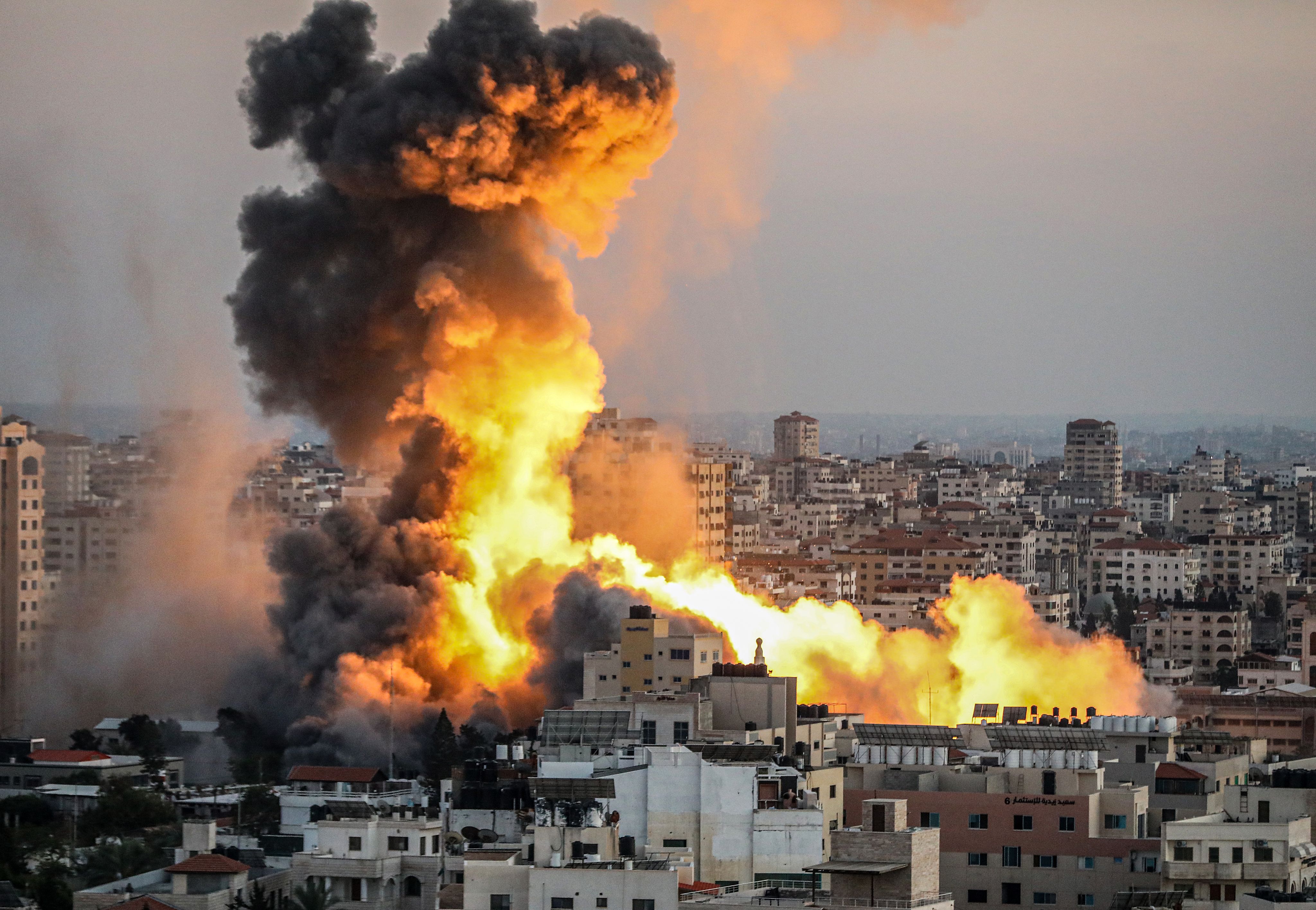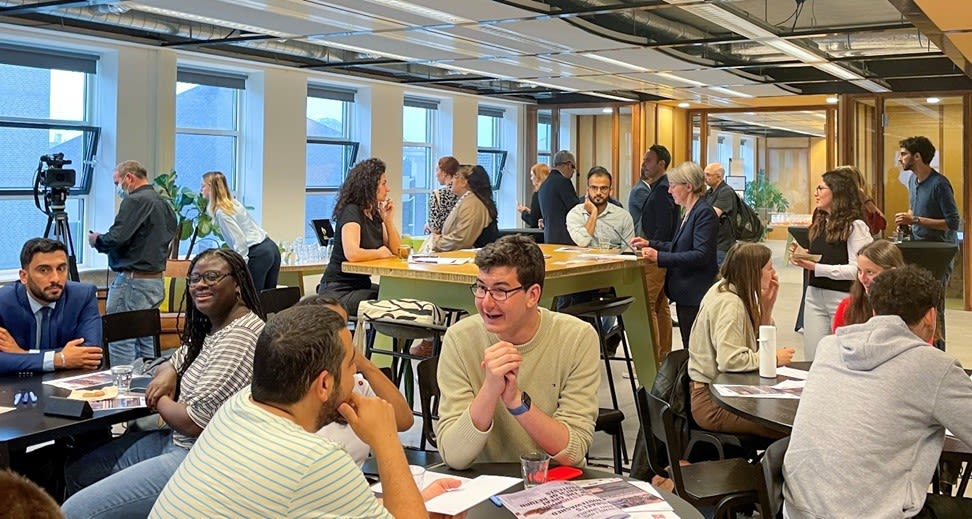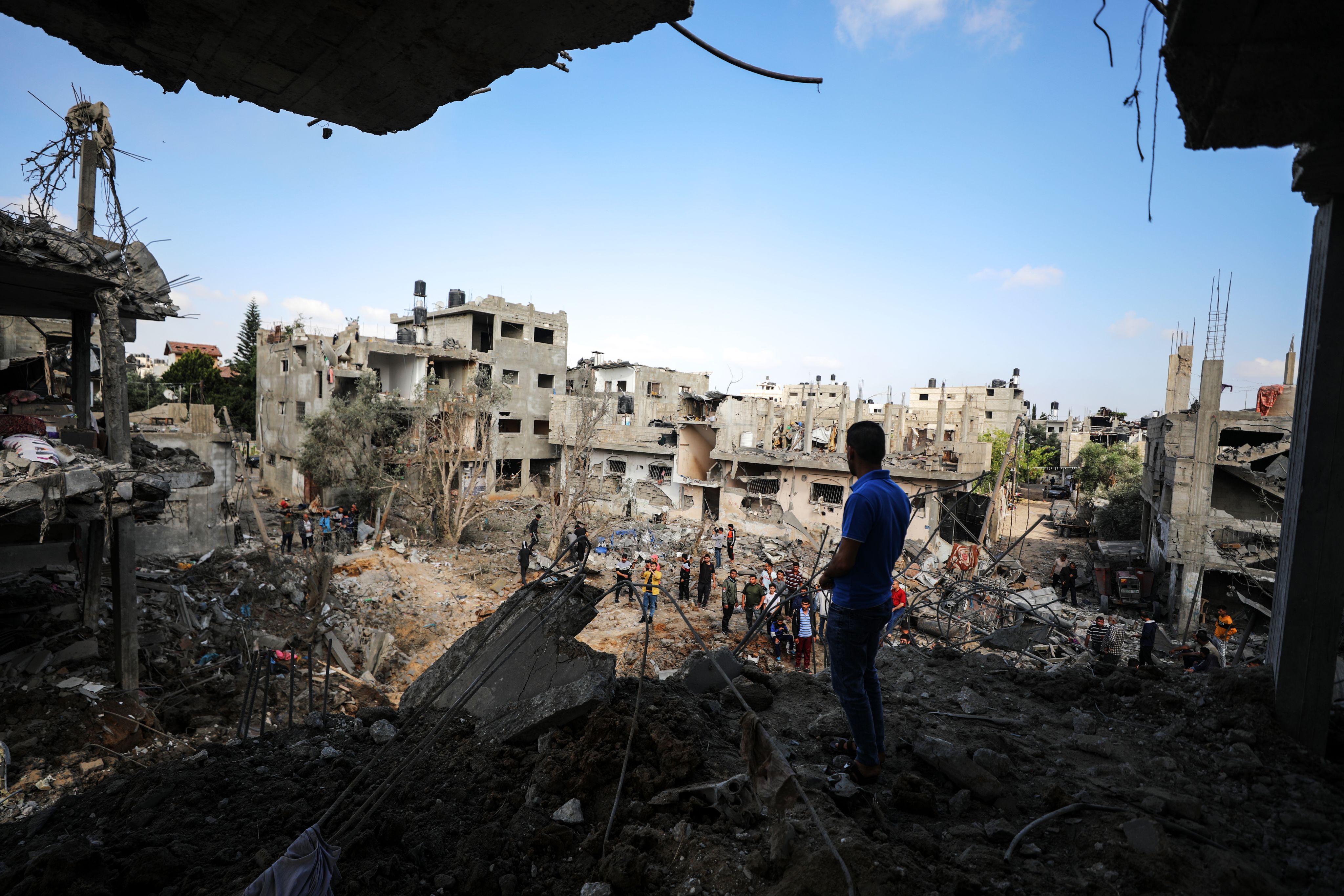PALESTINIAN CENTRE FOR HUMAN RIGHTS
A year after the Israeli military attacks on the Gaza Strip – and boosted by an Impact Opportunity Fund grant – long-standing Bertha partner PCHR has been working around the clock on a time-sensitive ICC submission for war crimes and crimes against humanity, including the crime of apartheid.
Crime of Apartheid
As a crime against humanity, apartheid is clearly prohibited under international law. This was first stated in the 1968 Convention on the Non-Applicability of Statutory Limitations to War Crimes. In 1973 the UN General Assembly adopted a specific treaty, the Convention on the Suppression and Punishment of the Crime of Apartheid, which came into force in 1976. This treaty set out a definition of apartheid as a crime against humanity, consisting of “inhuman acts committed for the purpose of establishing and maintaining domination by one racial group of persons over any other racial group of persons and systematically oppressing them.”
In May 2021, the world watched the forced expulsion of Palestinians in Jerusalem by settlers supported by Israeli armed forces. People across the globe witnessed violence against Palestinian protesters and indiscriminate bombing of the Gaza Strip. While under siege, staff at PCHR documented the attacks in preparation to pursue justice for the more than 2 million Palestinians living in the Gaza Strip. Based on shared social justice goals and a long-standing partnership with Bertha – evident in the Bertha Justice Network’s May 2021 solidarity statement – PCHR approached Bertha for Impact Opportunity funding in early 2022. PCHR used the grant to collaborate with lawyers and researchers from different countries, where they worked together to develop an International Criminal Court (ICC) submission. The submission is for war crimes and crimes against humanity allegedly committed in Gaza, Palestine – in the course of “Operation Guardian of the Wall” – that, for the first time, incorporates the crime of apartheid.
PCHR and its partners came together in May 2022 at a workshop in The Hague, Netherlands, to strategize the legal intervention and conduct a comprehensive legal analysis of the May 2021 bombing. Due to restricted travel in and out of the separate parts of the Occupied Palestinian Territories, Palestinian human rights organizations in the Gaza Strip rarely meet their counterparts in the West Bank, or international legal partners. Gathering in person to share and strategize aided partners in working through comprehensive discussions and unpacking complex issues, corresponding with the time- dependent nature of their work. Bertha is a firm believer that creating space to come together strengthens powerful connections and supports vital work: During the workshop, partners drafted the legal submission to the ICC concerning the May 2021 bombings.

Pushing the funding further, while at The Hague, PCHR and its partners held an advocacy event to underscore the importance of victims’ access to justice. They held a public panel discussion with Al Haq and Al Mezan Center for Human Rights (Al Mezan); the panel received co-sponsorship from Bertha Justice partner Center for Constitutional Rights and the International Federation for Human Rights (FIDH), with its 192 member NGOs. The in-person workshop, combined with the public advocacy event, strengthened the long- term collaborative work of Palestinian human rights organizations, activist-led solidarity movements, international policymakers and judicial institutions globally.

Taking action now is crucial. After five years of international advocacy by PCHR and its movement allies, in a March 2021 landmark judgment the ICC ruled it has the authority to investigate alleged Israeli war crimes in the Palestinian territories. Raji Sourani, Director of PCHR, shares the importance of this decision and why his organization continues to take cases to the ICC:
“It’s a decision that has made history, for not only the Palestinian victims, but for victims across the globe. I think, with this decision, we can assure that the independence and the credibility of the ICC is restored.”
There are incredible political obstacles to this work. There is also a huge amount of documentation produced over the years to systematically gather, in order to analyze the war crimes and crimes against humanity. Despite this, this new submission drafted during the workshop and led by Palestinians sends a message to the world that human suffering is universal, and that crimes against civilians should be condemned everywhere using all possible legal routes under international law.
Statement of Solidarity
In response to the May 2021 bombing of Gaza and guided by Bertha’s experience that social justice movements’ impact can be at their greatest when action is collective, Bertha Justice Initiative Program Director Shveta Shah, in close communication with PCHR team members, drafted a public statement of solidarity. Shveta then coordinated with the Bertha Justice Partners – joined by Bertha Challenge Activist and Investigative Journalist Fellows – to come together in a Bertha Justice Network public statement of solidarity.



 Built with Shorthand
Built with Shorthand